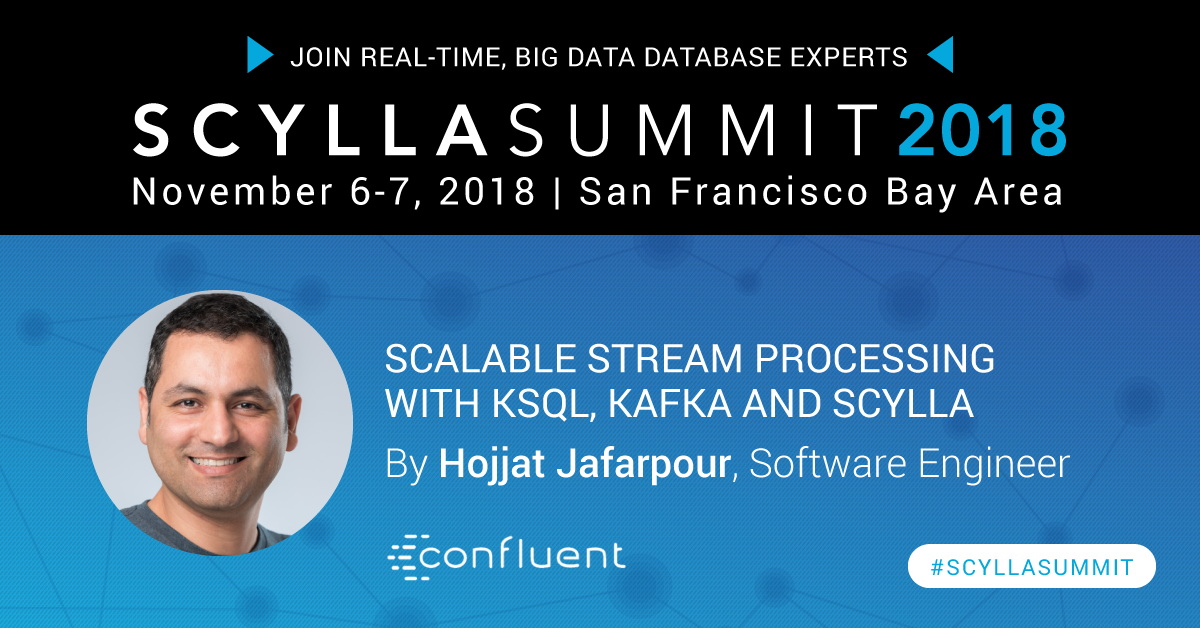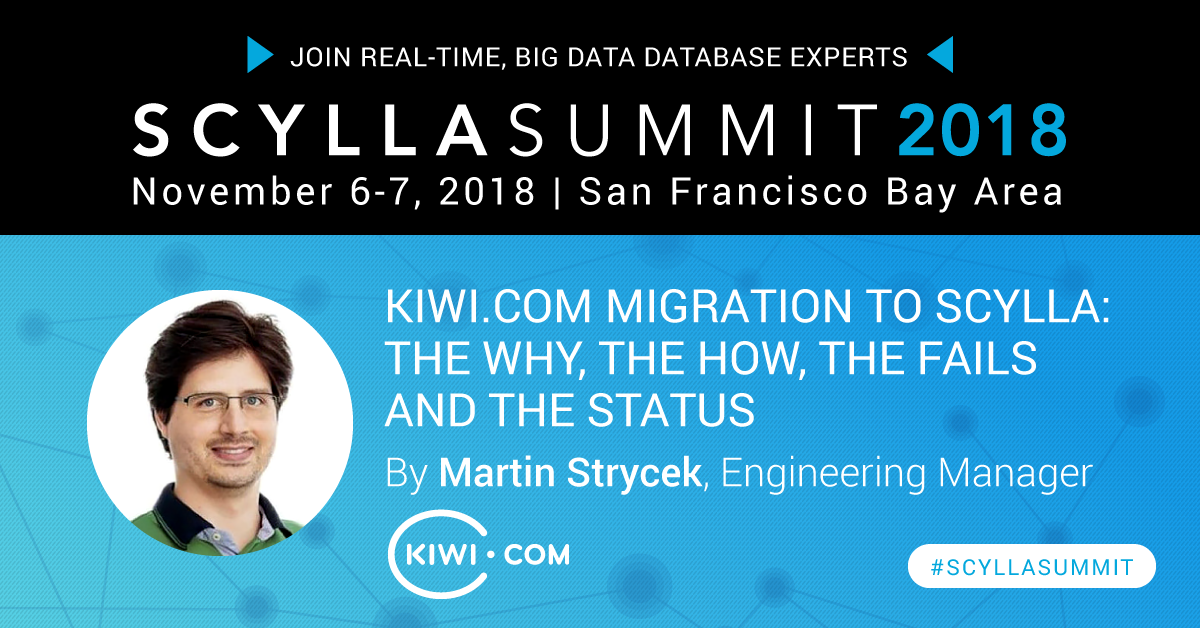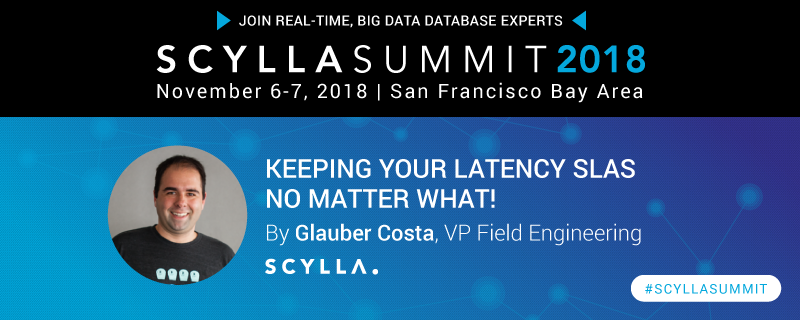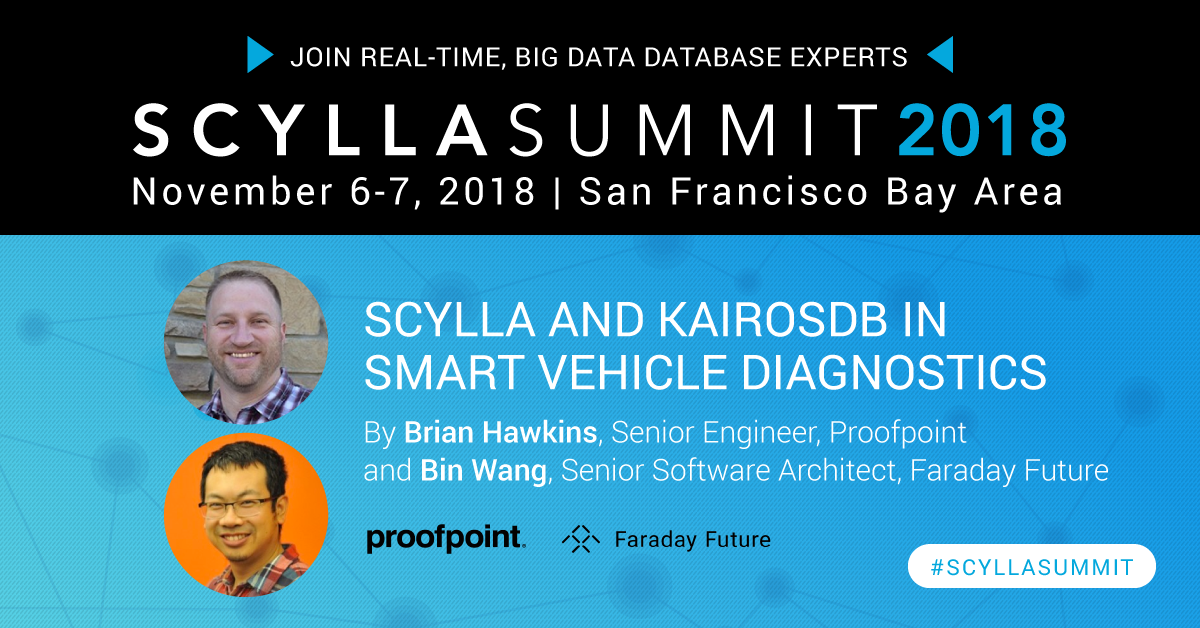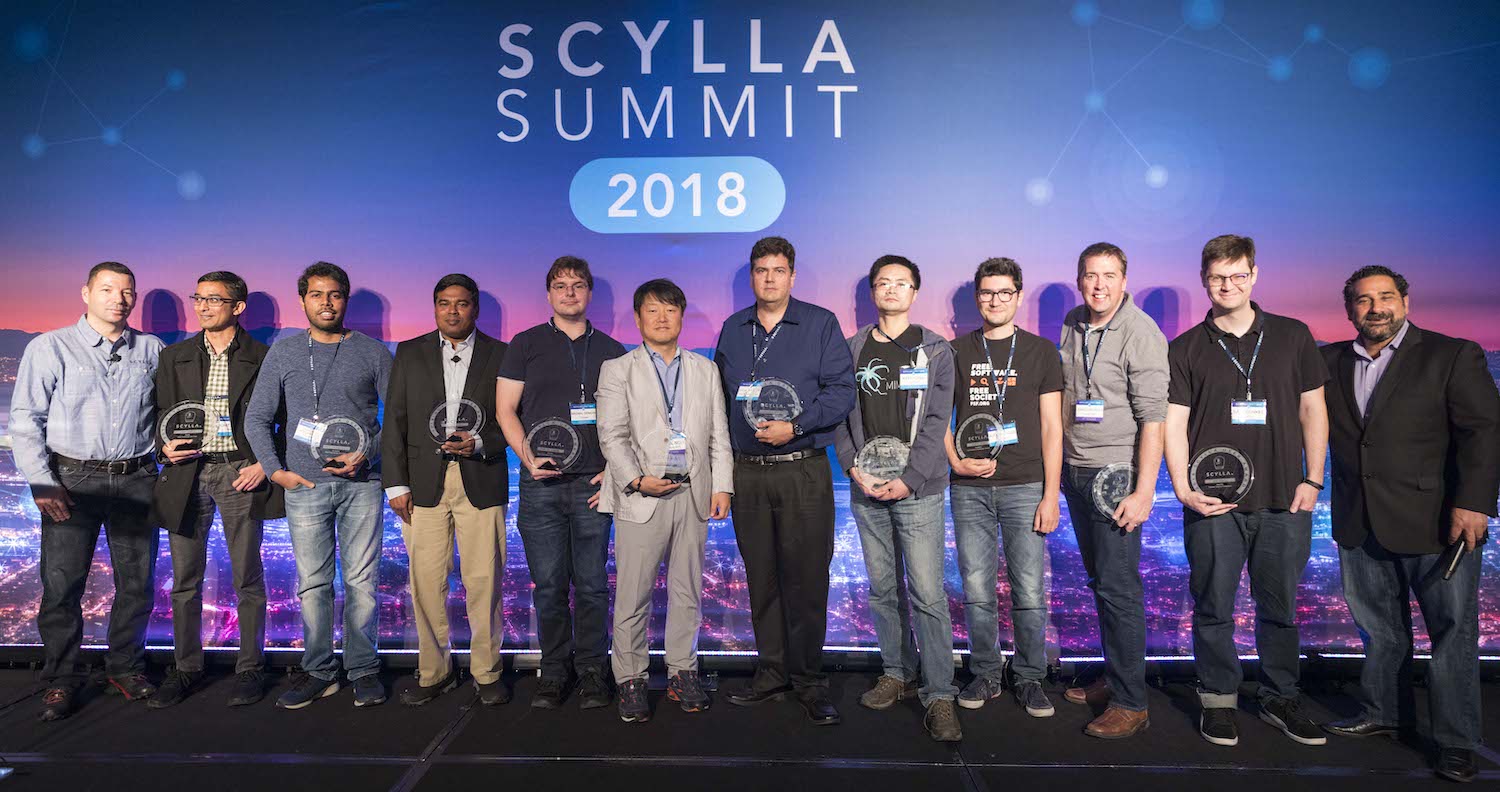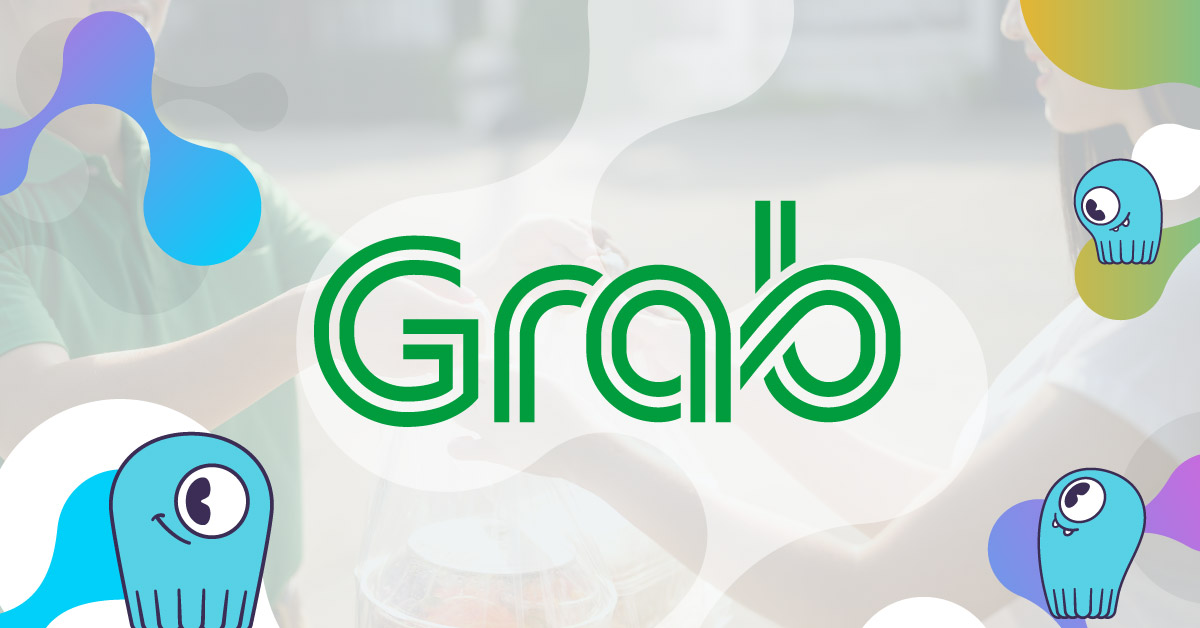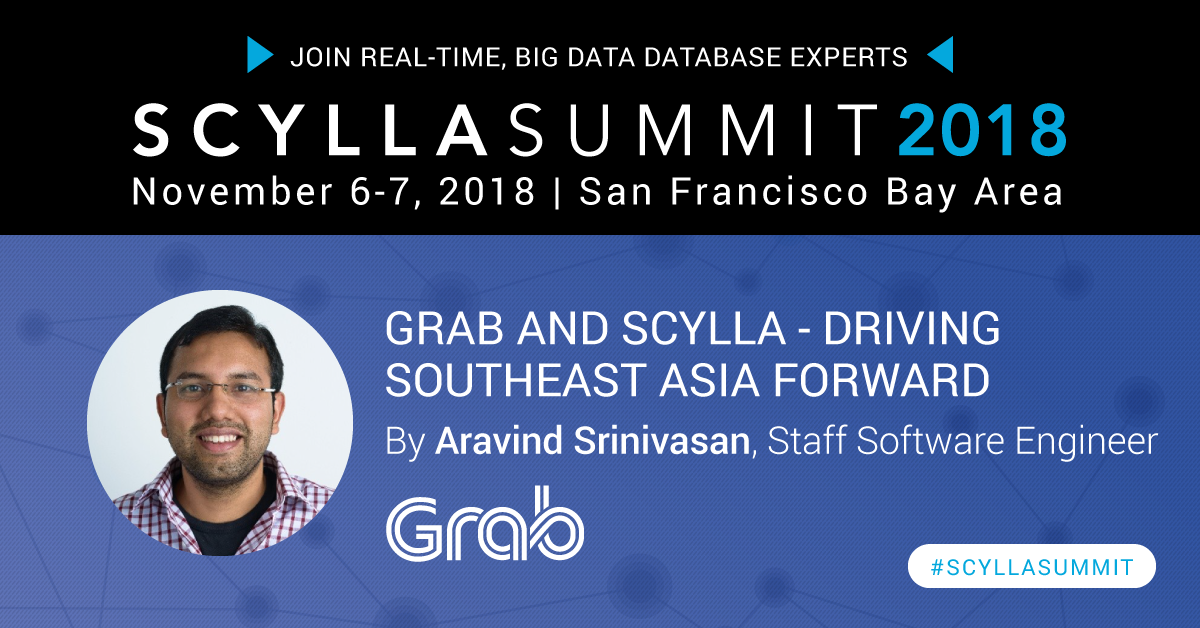
In the run-up to ScyllaDB Summit 2018, we’ll be featuring our speakers and providing sneak peaks at their presentations. This interview in our ongoing series is with Aravind Srinivasan, Staff Software Engineer of Grab, Southeast Asia’s leading on-demand and same-day logistics company. His presentation at ScyllaDB Summit will be on Grab and ScyllaDB: Driving Southeast Asia Forward.
Aravind, before we get into the details of your talk, we’d like to get to know you a little better. Outside of technology, what do you enjoy doing? What are your interests and hobbies?
I love hiking and biking. But now my (and my wife’s) world revolves around our 2 year old son who keeps us busy.
How did you end up getting into database technologies? What path led you to getting hands-on with ScyllaDB?
I started my career working on filesystems (for Isilon systems — now EMC/Dell) and so was always close to storage. After I decided to get out of the Kernel world and into the services world and moved to Uber, I was fortunate to work for a team which was building a queueing system from scratch where we used Cassandra as our metadata store, which worked ok for a while before we ran into lots of operational headaches. After I moved away from Uber and joined Grab to the Data Platform team, we needed a high-performing, low-overhead metadata store and we bumped into ScyllaDB at that point and that’s where we started our relationship with ScyllaDB.
What will you cover in your talk?
This talk will give an overview of how Grab uses ScyllaDB, the reason we chose ScyllaDB over others for the use cases and our experience so far with ScyllaDB.
Can you describe Grab’s data management environment for us? What other technologies are you using? What does ScyllaDB need to connect and work with?
First and foremost Grab is an AWS shop but our predominant use case for ScyllaDB is with Kafka, which is the ingestion point for ScyllaDB. A couple of use cases also has a Spark job which talks to ScyllaDB directly.
What is unique about your use case?
The most unique characteristic of our use case is the scale up pattern of the traffic volume (TPS). Generally the traffic volume (TPS) just hikes up and so a store which we use for our use case should be able to scale fast and should have the ability to handle bursts.
Is there anything ScyllaDB Summit attendees need to know in order to get the most out of your talk? What technology or tools should they be familiar with?
Kafka, Stream Processing and some terminologies like TPS, QPS, p99 and other stats.
Thanks, Aravind. By the way, that seems like a perfect segue to highlight that we will have Confluent’s Hojjat Jafarpour talking about Kafka.
If you are interested in learning more about how Grab scaled their hypergrowth across Asia, make sure you register for ScyllaDB Summit today!


